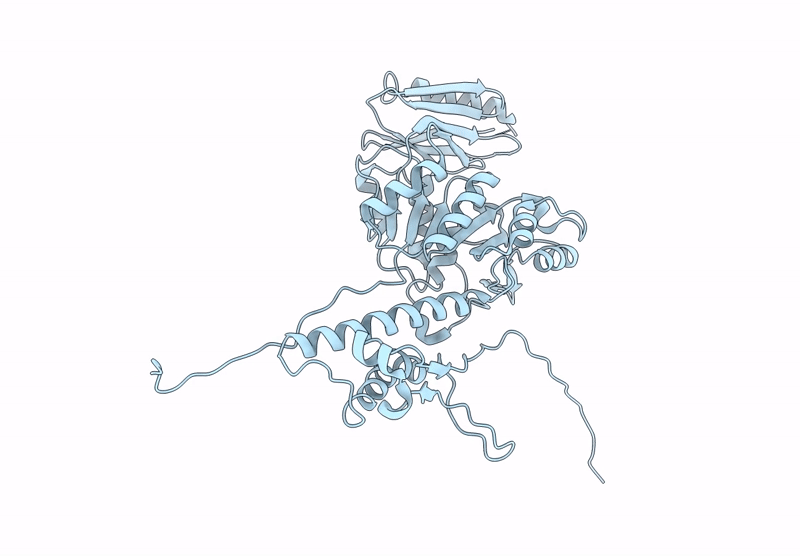
Deposition Date
2024-06-18
Release Date
2025-04-16
Last Version Date
2025-04-16
Method Details:
Experimental Method:
Resolution:
3.49 Å
Aggregation State:
PARTICLE
Reconstruction Method:
HELICAL


